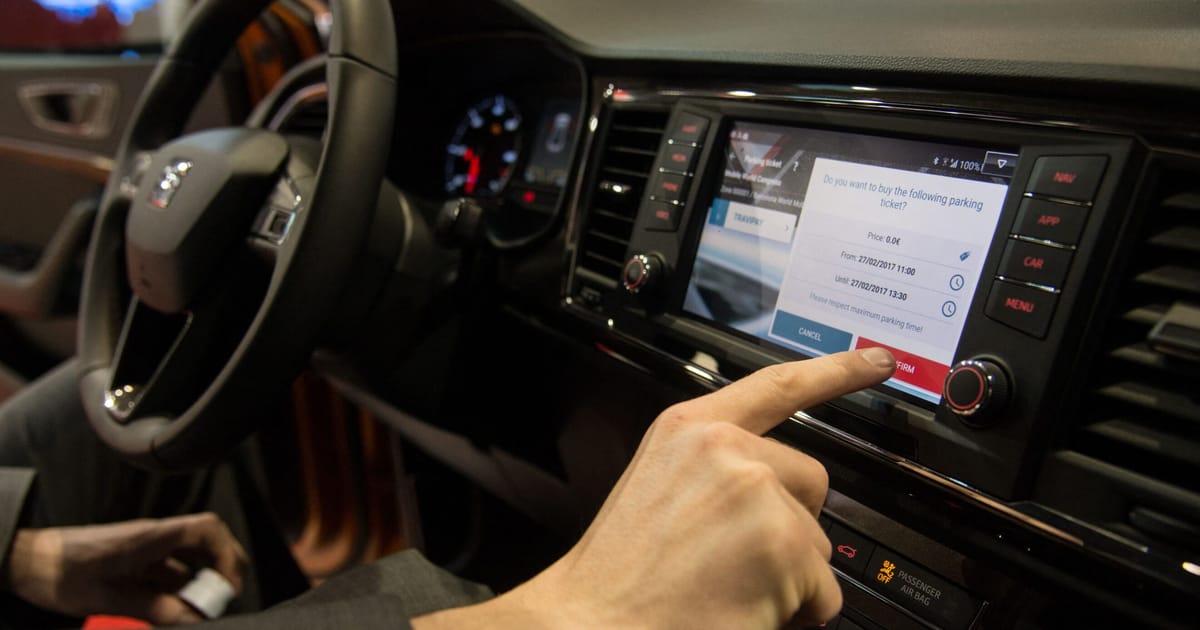Carmakers are equipping their latest models with fancy touchscreens, but that could cause problems with Europe’s largest car safety authority.
The European New Car Assessment Programme (NCAP) is revamping its rating system starting Jan. 1, 2026 to mandate that five of a car’s primary controls — its horn, windshield wipers, turn signals, hazard warning lights and SOS features — will need physical buttons or switches.
Car models will have to comply to get NCAP’s coveted five-star rating. The scheme is voluntary but is heeded by most automakers because it’s closely monitored by consumers.
Belgium-based NCAP says that purely digital controls are a potential safety issue.



“capacitive touch element”. Wow you tried really hard to not call it a button.
It’s still a dedicated space which isn’t behind a screen or more importantly a menu. it’s a button
But it arguably lacks the physical response of a button. When in doubt you still have to look at the screen. If it has some kind of haptic feedback it might be the same.
Capacitive touch also can be activated by accident by simply grazing the control while push buttons require force to actuate, making them much less likely to be activated accidentally.
It has a physical response. Haptic feedback, audible and visual response.
Putting it on the wheel purely to be different is a bad design no matter what you call it. You’ve turned a critical control into a tiny moving target. People having trouble locating them and have to take their eyes off the road is a common complaint about these things.
And, FWIW, I absolutely consider a capacitive sensor distinct from a physical button. An arbitrary flat spot on the steering wheel is substantially more difficult to locate and identify by feel. Especially when your hands are moving around the wheel while doing highly uncommon things like, I don’t know, steering.
I’m not arguing that it’s good or bad, that’s not part of my point at all. My argument is under these proposed rules it’ll be considered a button in a court
From the article:
Call them whatever you want, they’re literally one of the things NCAP is identifying as a problem and considering in their safety ratings.